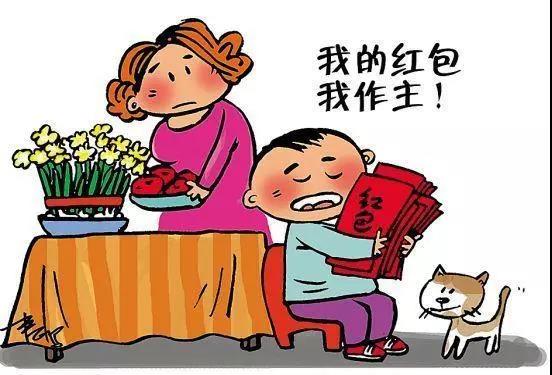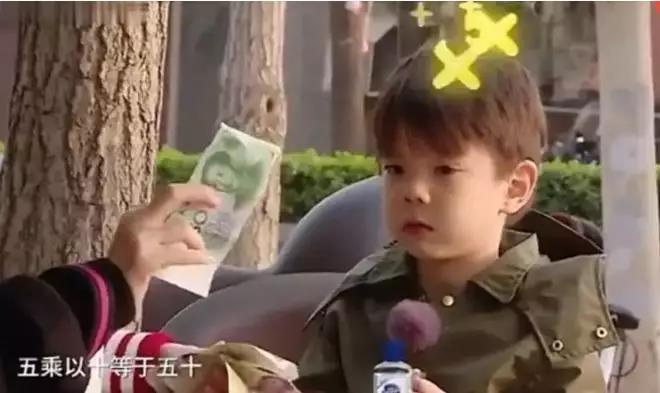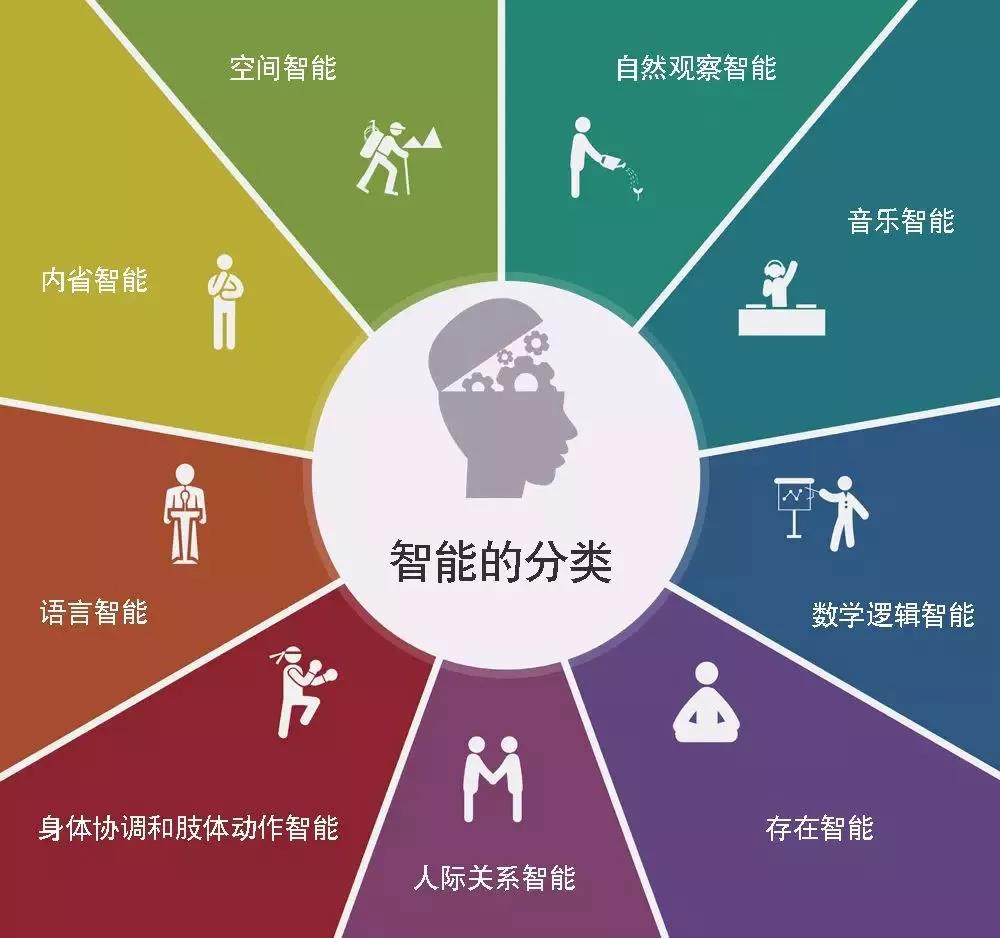- 微信小程序

快速擇校
- 微信公眾號(hào)

政策解讀

快速擇校

政策解讀
010-51268841
400-805-3685
在剛剛過(guò)去的春節(jié)中,很多小朋友是不是和家人一起吃美食、賞美景,還得到了長(zhǎng)輩護(hù)佑平安給的“紅包”呢?關(guān)于“紅包”怎么管理和應(yīng)用,仿佛又成了家長(zhǎng)圈的新問(wèn)題。面對(duì)這個(gè)問(wèn)題,艾毅國(guó)際幼兒園的老師們也從孩子對(duì)于的概念來(lái)逐一解答。

羞于談錢(qián)危害大,正確方法很重要
很多家長(zhǎng)都會(huì)擔(dān)心,過(guò)早和孩子談錢(qián),會(huì)讓孩子變成的奴隸,變成“拜金族”,那是因?yàn)楹⒆硬欢谋举|(zhì),也有的家長(zhǎng)明明意識(shí)到培養(yǎng)孩子觀(guān)念的重要性,但苦于不知道怎么開(kāi)口“談錢(qián)”。
曾經(jīng)熱播的親子節(jié)目《媽媽是超人》,霍思燕很好地演繹了給孩子談錢(qián)的正確方式。

在一次節(jié)目中,霍思燕讓5歲的嗯哼去買(mǎi)一杯咖啡,孩子在下單后看到柜臺(tái)上的餅干伸手就拿,并沒(méi)有意識(shí)到需要用購(gòu)買(mǎi),在捧著咖啡回去的時(shí)候,媽媽詢(xún)問(wèn)下孩子都沒(méi)有意識(shí)到餅干和付錢(qián)是有關(guān)系的。

隨后,霍思燕借機(jī)會(huì)給孩子上了一節(jié)的啟蒙課,教嗯哼辨別不同紙幣的面額,并做簡(jiǎn)單的加減換算。

不難看出,霍思燕在發(fā)現(xiàn)兒子對(duì)錢(qián)完全沒(méi)有概念的情況下,及時(shí)地做了三件事:
,給孩子灌輸了“價(jià)值”的概念:有價(jià)值的東西,需要付錢(qián)來(lái)購(gòu)買(mǎi),不能白拿。
第二,教孩子認(rèn)識(shí)不同的貨幣面值,讓孩子掌握最基本的貨幣概念。
第三,不苛責(zé),不逃避,大膽談“錢(qián)”,并教給孩子最簡(jiǎn)單的方式:如果不懂得怎么算錢(qián),不要一下子給別人一百塊,別人收了錢(qián)要問(wèn)一問(wèn):有錢(qián)找嗎?
從霍思燕教育嗯哼的案例中,我們可以發(fā)現(xiàn):對(duì)孩子進(jìn)行正確的教育,并非難以啟齒。
多元智能理論中的財(cái)商教育
在多元智能幼兒園里,老師會(huì)和孩子們討論“錢(qián)是什么?”來(lái)自不同國(guó)家的小朋友會(huì)把自己對(duì)的理解,他們會(huì)在紙上畫(huà)上自己國(guó)家的貨幣,在貨幣的基礎(chǔ)上進(jìn)行更深層次的嘗試和探索。
在艾毅的幼兒園里,我們嘗試用加德納博士的多元智能理論來(lái)解決問(wèn)題。

在老師的帶領(lǐng)下,孩子們把現(xiàn)實(shí)中的貨幣延伸到了游戲中。在多元智能幼兒園的教室中,每個(gè)教室都分為7-9個(gè)學(xué)習(xí)區(qū)角,小朋友們根據(jù)自己的喜好進(jìn)行選擇,并且進(jìn)行游戲,他們可以設(shè)定貨幣的面額和圖案,可以制定游戲規(guī)則,他們自己設(shè)定做什么事情可以?huà)?ldquo;錢(qián)”,然后怎么去“花這個(gè)錢(qián)”。
比如孩子們自己設(shè)定,整理教室收拾玩具,幫助別人,遵守班級(jí)規(guī)則什么的這些可以?huà)赍X(qián)。想要玩某些比較搶手的玩具,或者做有意思的事情是需要用錢(qián)的,比如喂小烏龜,玩電磁玩具等等。
多元智能學(xué)校的老師們深刻理解孩子們的成長(zhǎng)需要,尊重孩子,珍視孩子的想法,支持孩子們把感興趣的話(huà)題不斷延展。觀(guān)察是多元智能教學(xué)的核心,基于對(duì)孩子興趣的觀(guān)察,給孩子們所需要的支持,才能形成這樣的課程活動(dòng)。
反過(guò)來(lái),在這樣的系列活動(dòng)中,孩子的各種智能也都得到了很好的發(fā)展。對(duì)自身的約束、對(duì)的管理都是多元智能理論中非常重要的自我認(rèn)知智能的體現(xiàn),而面對(duì)面額、計(jì)算則是數(shù)學(xué)邏輯智能的展示,在進(jìn)行貨幣交易的過(guò)程中,則更多地展現(xiàn)了社交智能等多方面的能力。
所以說(shuō),面對(duì)“紅包”的處理策略,不是簡(jiǎn)單的存起來(lái)還是做計(jì)劃這么簡(jiǎn)單,也是讓孩子正確理解的寶貴的機(jī)會(huì)。孩子們學(xué)會(huì)珍惜和運(yùn)用,通過(guò)大方地談?wù)摚阉?dāng)做正常的事物來(lái)對(duì)待,用簡(jiǎn)單易懂的方式解釋賺錢(qián)的不易,讓孩子學(xué)會(huì)感恩。不過(guò)分沉迷于,是每個(gè)家庭都渴望收獲的結(jié)果。
Being reluctant to talk about “money”can actually do more damage than good.
Most parents are afraid that teaching their children about money too early may make them addicted to money, become a slave or a “money worshiper”, because children may have difficulty understanding what money really is. In addition, many parents recognize that it is important to teach children to have a proper perspective towards money, but they don’t know how to start talking about it.
In Super Mom, a once popular TV program about parent-child relationship, a character called Huo Siyan made a perfect example of how to talk with children about money.
In one episode, Huo Siyan told her five-year-old son En Heng to buy a cup of coffee. After En Heng made an order, he saw some cookies on the counter and reached out and took some without realizing that he also had to pay for the cookies. When he took the coffee back to his mom, Huo Siyan asked him and found that En Heng didn’t know that he had to pay for the cookies before he could take them.
Therefore, Huo Siyan gave her son his first lesson about money. She also taught him how to differentiate paper money of different denominations and how to do simple addition and subtraction.
In short, Huo Siyan was able to accomplish three things in one go when she discovered her son was unaware of the definition of money:
First, she told him what “value” is: things of value should be bought with money.
Second, she taught her son to identify paper money of different denominations to understand the basic concept of currency.
Third, she didn’t blame her son or avoid such problem, but was open-minded enough to talk about money and teach her child the simplest way to handle money. If you don’t know how to count money, don’t just give a hundred yuan, and you should ask “Is there any change?” when the money is taken.
Huo Siyan showed us that it is not that difficult to start talking and providing children proper education about money.
Financial quotient in
Multiple Intelligences (MI) Theory
In our classes, teachers discuss with their students “what is money?” Children from across the globe would share their own understanding, draw the currencies of their countries on paper, and even dig deeper into the definition of currency.
At Ivy Schools, we practice Howard Gardner’s famed Multiple Intelligences Theory.
In addition, teachers bring currency education into their games. At Ivy Schools, each classroom is separated into seven to nine study corners. Students can choose the one they like and play games together. They can choose the denomination and design of the currency, and make rules of the game, so that they can “earn” and “spend money” according to their own rules. For example, kids can make rules that they can earn money by cleaning up the classroom, helping other people and following the class rules. They can also “spend” money on interesting things like feeding the tortoise or on popular toys like electromagnetic toys.
Backed by their in-depth understanding on children’s growth, teachers at Ivy Schools also respect and value children’s own ideas, and support them to explore topics that intrigue them.
Observation is the core of MI education, so we set up educational activities by observing children’s interests and giving them the support they need. Childern, in turn, will have a chance to develop their intelligence. Self-discipline and financial management are the reflection of “intrapersonal intelligence” in the MI theory. And mathematical logic in the face of denomination and calculation during monetary transaction show capabilities of “interpersonal intelligence”.
In summary, the proper way to handle “red envelope” is not just about saving it or making expense plans. It can also be an opportunity to help children truly understand what is money. Children can learn to value it, and understand how money works. By talking about money openly, treating it as something normal but important, showing how hard it is to earn, and making it simple to understand, we can help our children truly appreciate but not become obsessed with money, which is something that every family aspires to do.
特別聲明:①凡本網(wǎng)注明稿件來(lái)源為"原創(chuàng)"的,轉(zhuǎn)載必須經(jīng)授權(quán)后方可發(fā)布,違者將依法追究責(zé)任;
②部分稿件來(lái)源于網(wǎng)絡(luò),如有侵權(quán),請(qǐng)聯(lián)系我們溝通解決,聯(lián)系郵箱:2498144268@qq.com
答關(guān)于國(guó)際學(xué)校有軍訓(xùn)嗎這個(gè)問(wèn)題,具體要看您給孩子選擇的國(guó)際學(xué)校類(lèi)型:如果報(bào)考的是公立或者民辦學(xué)校開(kāi)設(shè)的國(guó)際部或者國(guó)際班,那...
答國(guó)際學(xué)校招生有標(biāo)準(zhǔn)嗎?是不是掏錢(qián)就能讀?國(guó)際學(xué)校招生當(dāng)然有標(biāo)準(zhǔn),從國(guó)籍、戶(hù)籍到學(xué)術(shù)能力,從綜合素質(zhì)到家庭背景,每一項(xiàng)要求...
答咨詢(xún)國(guó)際學(xué)校的都是哪類(lèi)家庭?有明確海外升學(xué)規(guī)劃的家庭,希望孩子接觸國(guó)際化教育理念,培養(yǎng)跨文化溝通能力與全球視野的家庭,或...
答國(guó)際學(xué)校看中考分嗎?國(guó)際學(xué)校是否看重中考分,要看你申請(qǐng)什么樣的國(guó)際學(xué)校,以及申請(qǐng)國(guó)際學(xué)校的時(shí)間。中考分是中考后申請(qǐng)公辦國(guó)...
答參加高考,為什么要選國(guó)際學(xué)校的普高班呢?多所學(xué)校的普高班通過(guò)“國(guó)家課程+國(guó)際課程”雙軌制,實(shí)現(xiàn)了升學(xué)路徑的“進(jìn)可攻、退可...
答讀雙軌制國(guó)際學(xué)校的優(yōu)勢(shì)和弊端都有哪些?部分學(xué)校通過(guò)合作辦學(xué)或跨區(qū)域注冊(cè)學(xué)籍,為學(xué)生保留國(guó)內(nèi)高考資格的同時(shí),提供國(guó)際課程認(rèn)...
免費(fèi)咨詢(xún)
張老師

關(guān)注微信公眾號(hào)
招生政策隨時(shí)看

關(guān)注小程序
學(xué)校簡(jiǎn)章學(xué)費(fèi)隨時(shí)查
報(bào)名咨詢(xún)電話(huà):400-005-1568
育路教育
評(píng)論0
“無(wú)需登錄,可直接評(píng)論...”